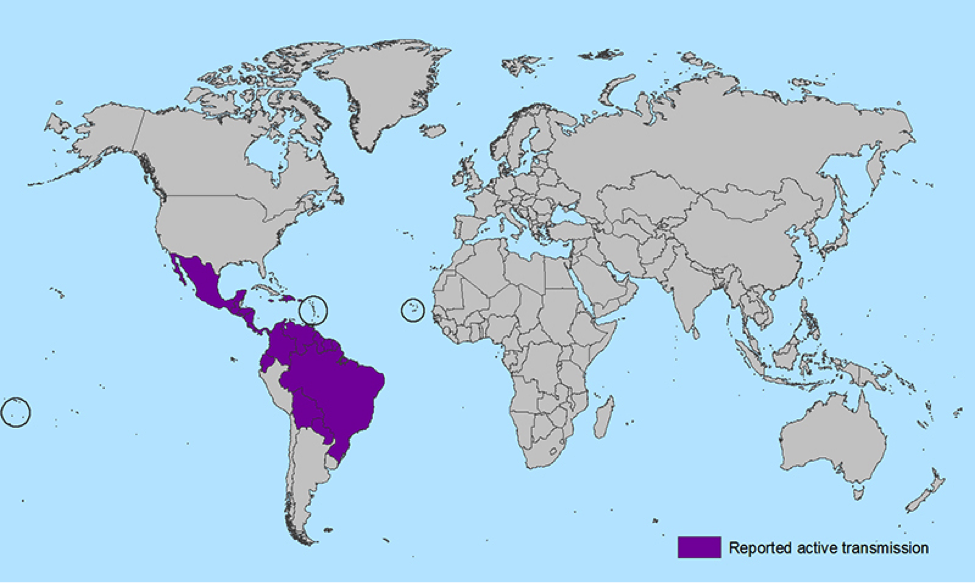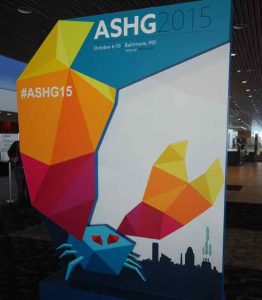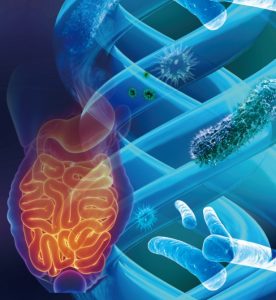
In the data driven era, not only in research but in our day-to-day lives, people are creating more and more personal digitized data that enables human-participant research in social sciences and personalized medicine. However, with numerous data streams and types this raises concerns such as how to merge and share such data, as well as ethical problems.







